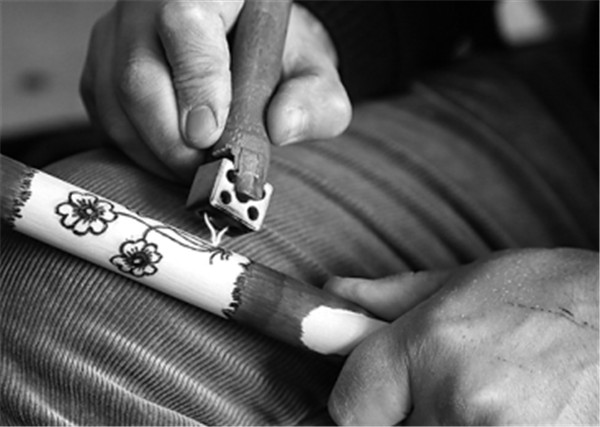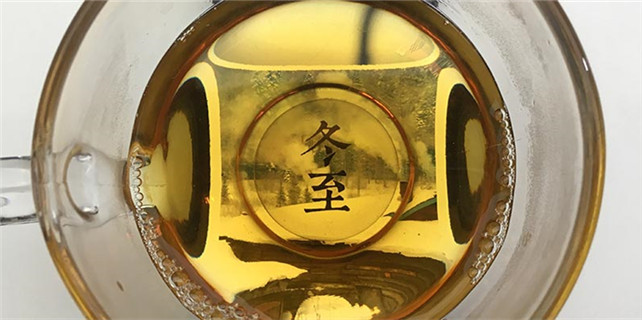Craftsmanship of canes gets new support
 |
|
Tansel Isik, a Turkish craftsman, carries on his family business of cane making in Devrek. He has a long list of celebrity clients. [Photo/Xinhua] |
As winter arrives in northern Anatolia, the best season to cut red dogwood branches for making traditional canes is approaching.
Tansel Isik, a 51-year-old Turkish craftsman, found his best branches covered with snow.
These will become artworks-even national gifts-through his hands.
"A cane is a walking stick everywhere, but if it is a work of art, it must come from Devrek," says Isik, who got the skills and shop from his father.
He adds that he abandoned a job opportunity in Ankara after graduating from the economics department of Ankara University and moved back to his hometown to run the family business because he loves it so much.
Isik is now the most experienced cane maker in Devrek.
"Devrek canes are not just tools to assist people but also have artistic value," he says, adding that the Devrek cane is very durable because of the red dogwood that flourishes in the province's forests.
"Thanks to (dogwood's) moderate strength and high tenacity, it can be bent but rarely breaks."
The wood is kept to dry for two years before it's processed.
But good wood takes five years to grow.
"If you love a job, nothing will get in your way ... It takes quite a while to make canes because there are lots of steps. But after all the efforts devoted to learning how to make a cane, everything becomes easy," Isik says.
According to Isik, one of the motifs Devrek canes use most is serpents, which means fortune and health. The handle is normally made from walnut trees, but nacre, silver, tortoise shell-even precious stones-may also be used.
"I have a collection of canes ... Each one is unique. Sometimes, we draw a geometric figure or Ottoman-style decoration to increase the cultural connotations," Isik says.
"Nowadays, we focus on the cane market where our clients can find more artistic value in it. Turkey's presidential palace, prime minister's office, and Ministry of Culture and Tourism have given my canes as state gifts to many celebrities and politicians, such as US President Barack Obama," Isik says.
Devrek county opened a cane-art school two years ago.
Apart from the school, local authorities also organized workshops for communities in Devrek county and Zonguldak city.
Sevil Badur, a female master working in Isik's shop, was one of the school's students. Learning how to make a cane is not that difficult, but if you want to become a master, you need a certain talent, and professional training and practice are essential.
"This is a job which requires inner peace, and doing the job makes me more patient toward everything. Usually, men show more interest in this kind of handicraft, but as the local government organizes workshops around the city, more and more women are joining this career," Badur says.






















